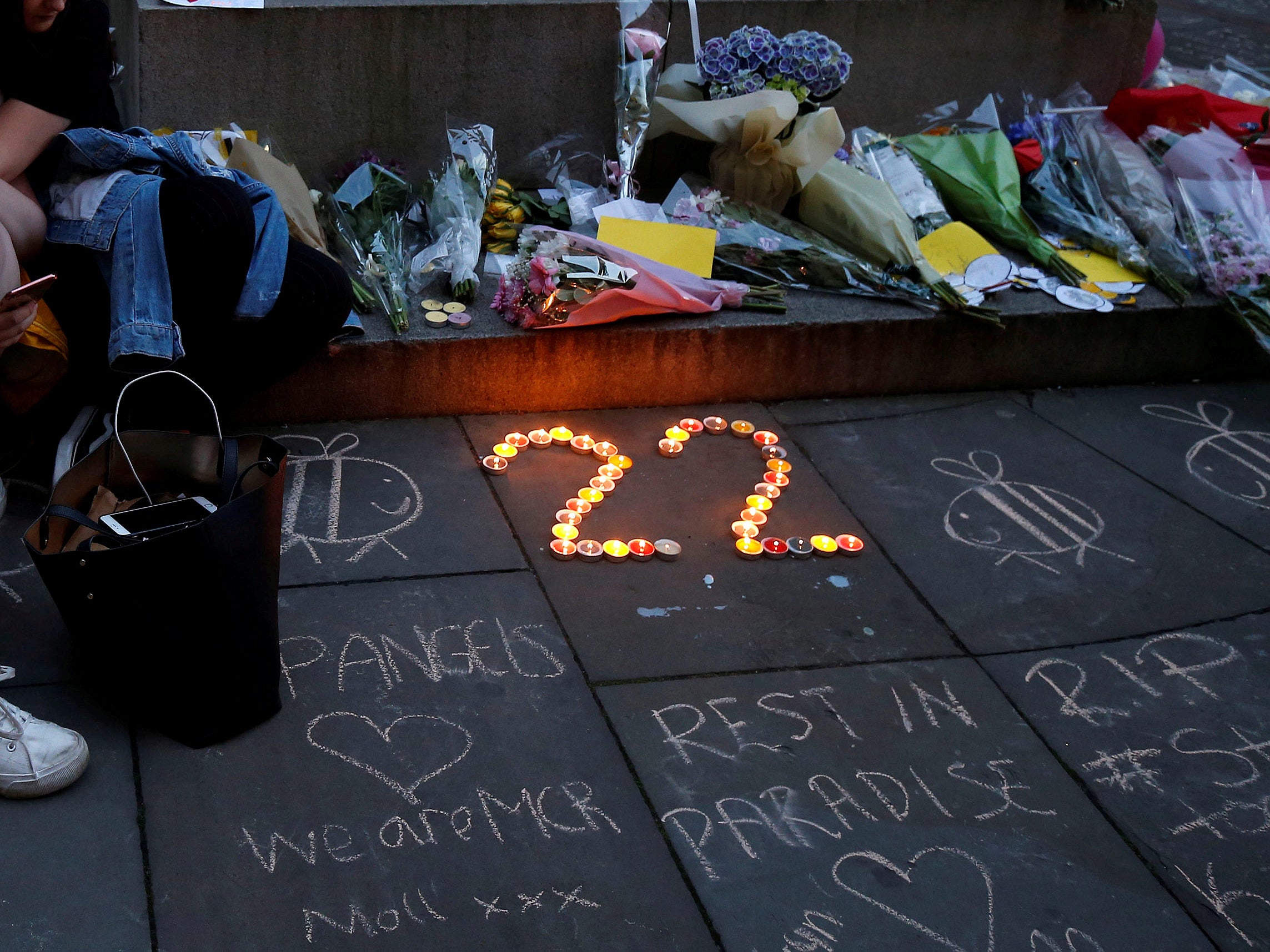
IPSO has published new guidance for reporting major incidents after journalists were accused of behaving “very badly” in the aftermath of the 2017 Manchester terror attack.
The Kerslake Report, commissioned to look into the preparedness for and response to the Manchester Arena bombing which killed 22 men, women and children on 22 May 2017, called for the Independent Press Standards Organisation to write new guidelines to help protect victims from media intrusion.
The report, published in March last year, found that the “intrusive and overbearing” behaviour of some journalists “fell well short” of that required by the Editors’ Code of Practice and added: “This cannot be as good as it gets.”
IPSO has today published new guidelines for editors and journalists reporting news of a major incident when it breaks, the immediate aftermath, and subsequent anniversaries.
The guidance is based on the Editors’ Code and, by highlighting case studies and key questions, aims to help journalists strike the right balance between reporting in the public interest and limiting the potential impact of intrusion of victims and families.
It urges journalists to act with “sympathy and sensitivity”, but acknowledges they have a “responsibility and obligation to society to report on these incidents”.
The press watchdog simultaneously published new advice for the public on what to expect from the media in the aftermath of an incident, including where to go for help and support.
IPSO head of standards Charlotte Urwin said: “It is strongly in the public interest that the media reports on major incidents, but it can be challenging – requiring editors and journalists to make sometimes difficult, on-the-spot decisions.
“This new guidance provides a framework to support all journalists, whether working for a local or national newspaper, weekly or monthly magazine, to comply with their obligations under the Editors’ Code, including reporting accurately, and approaching those affected with sensitivity.
“We have also expanded our work raising awareness of how we can support victims, families and agencies in major incident situations, in response to the recommendations made by in the Kerslake Review.
“We hope our new information will be useful to people who have concerns about potential press intrusion.”
Following the Manchester terror attack, reported behaviour included families being offered condolences on the deaths of victims by reporters at their doors before they had received official notification that they were among the fatalities.
In one such case a child was informed of her mother’s death by a journalist on the doorstep.
Problems also arose at the Etihad Stadium support centre where families were forced to run to their cars with coats over their heads to escape media crews who were taking photos of people receiving news of bereavement through the windows.
The Kerslake report revealed a further case in which a reporter tried to gain access to a family’s home by ramming a foot in their front door.
However only one complaint has been upheld by IPSO. The News Media Association called for any victims’ families who experienced such behaviour to report it to the regulator after few complaints were actually made.
NMA chairman David Dinsmore said the “extreme” behaviour described in the report “would undoubtedly lead to disciplinary procedures and dismissal and is certainly not something that I recognise from newspaper employees, or indeed other UK media”.
Kerslake, who authored the report, subsequently told the House of Lords: “I am in no doubt that a number of journalists, albeit a minority, did behave very badly towards these very vulnerable families. And it is highly unlikely that they were all from foreign media.”
He said the reason no news organisations were named in the report was that “neither we nor the families were in a position to confirm that when a journalist said they were from a particular publication this was indeed the case”.
The report did praise the Manchester Evening News for its local coverage, which then editor-in-chief Rob Irvine said proved the press can play a “positive role”.
The new IPSO guidance for journalists can be read here. The updated advice for members of the public is here.
Picture: Reuters/Andrew Yates
Email pged@pressgazette.co.uk to point out mistakes, provide story tips or send in a letter for publication on our "Letters Page" blog
